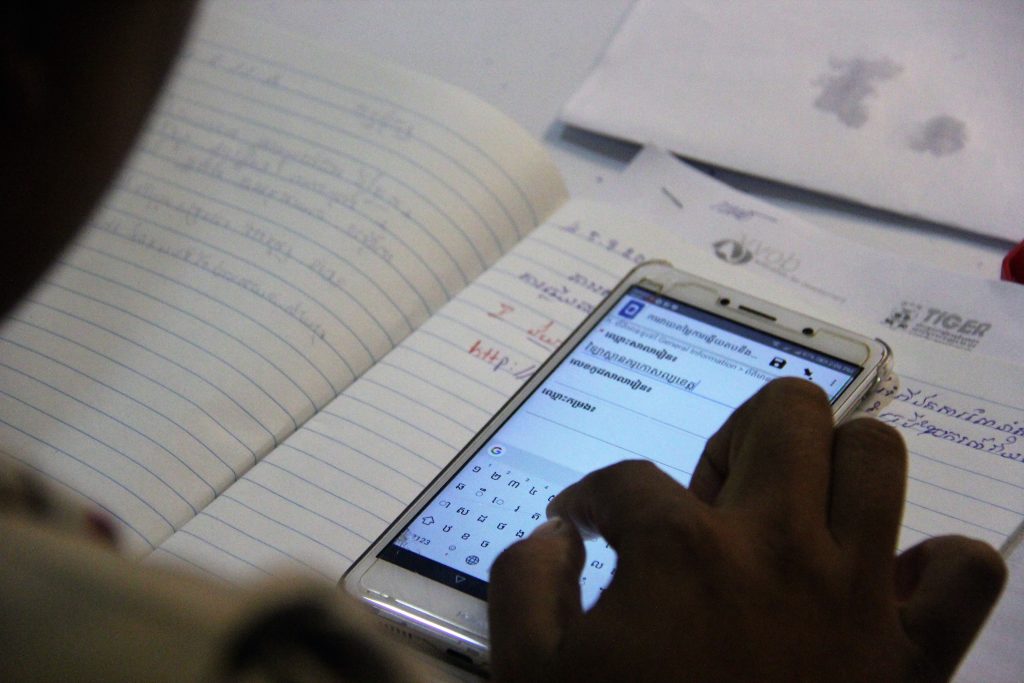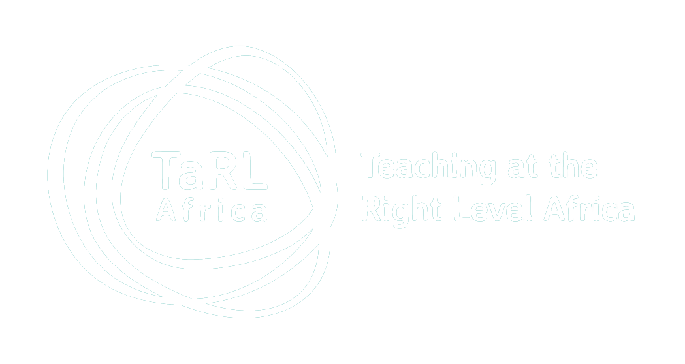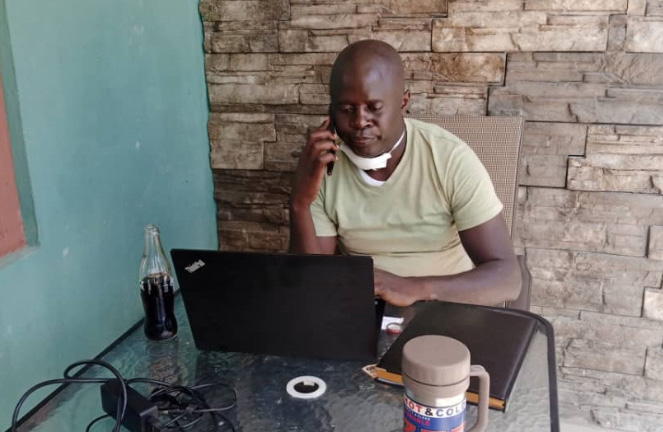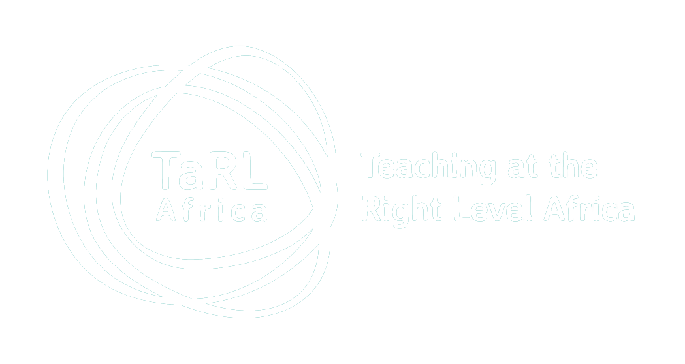Challenged by school closures and social distancing, VVOB – education for development illustrates how resilience and creativity contribute to continued learning for all in times of COVID-19.
First comes health…
In an attempt to put a stop to the spread of the COVID-19 virus, nearly every country has closed its schools to some degree – most have closed all – and has put measures of physical distancing in place. People in every corner of the world are staying home for the good of their and others’ health.
VVOB teams in Africa, Asia, Europe and South America are also glued to their home desks. A period of intense internal collaboration and self-reflection has now resulted in a new normal—a normal that might leave its mark once the crisis has been quelled.
From day 1, our highest priority has been the health of our staff, partners and co-citizens. Our next concern is ensuring continued support to our education partners in this exceptional context.
… then comes work
Pre-pandemic, we nurtured our valued ties with our education partners – including ministries of education, teacher training institutions, providers of continuous professional development and decentralised education structures – primarily through in-person contact. Capacity development activities of these partners have traditionally been face-to-face, for the most part.
Trainings and workshops, harvesting and peer learning, mentoring and coaching. In this time of crisis, we have studied our broad range of capacity development methods to see how we can diversify and adapt them to uphold the quality and ensure continuity of our support from a safe distance.
Here, we highlight just three examples of how we do this in practice.
WhatsApp videos in Zambia
In Zambia, VVOB is training and coaching individuals in the Ministry of General Education (MoGE) to become ‘Master Trainers’ of early childhood education (ECE) teachers. Where training sessions would usually happen in-person, the team has now turned to the popular messaging app WhatsApp.
Having divided the Master Trainers up in geographical groups first, VVOB shares a video on a specific ECE topic every week through these groups on WhatsApp. This is then followed up by conference calls for more in-depth discussions about the content of the video. With this new remote approach to strengthening Master Trainers, we combine coaching and peer learning.
Early feedback has been very positive. The Master Trainers find it enlightening to start from a very practical and hands-on video to then move to the discussions and reflections. But make no mistake: this requires proper planning of the conference calls especially, so even the most remotely located Master Trainer can participate. Inclusion above all!
“I am taking advantage of the social distancing measures to engage Master Trainers on topics they may not have understood in previous face-to-face trainings. I do this through calls and WhatsApp of course. Once the pandemic is over, I might fall back on this experience. Sometimes flooding prevents beneficiaries from reaching us in-person too.”
Richard Bwale, Provincial ECE Coach (Muchinga Province), VVOB
Coaching over internet or phone in Cambodia

In Cambodia, VVOB has created a new manual on how to conduct coaching sessions online or over the phone. The internal manual is a go-to resource for becoming a good remote coach and includes a refresher course on the GRROW (goal, reality, resources, options and way forward) model – the coaching model used by VVOB, as well as practical tips and coaching questions.
Based on the framework of the EU-co-funded TIGER project, the manual specifically supports TIGER coaches to continue their individual coaching sessions with the management and teaching staff of TIGER schools (schools that are undergoing a transformation into gender-responsive schools). An action guide was developed for that transformation and any obstacles schools experience when putting the guide’s theory into practice, are addressed during individual coaching sessions. These sessions are now organised online and over the phone by the TIGER coaches hailing from VVOB, the teacher education colleges and partner Civil Society Organisations (CSOs).
Engaging in coaching from a distance is quite different from face-to-face coaching. Certain crucial social cues like eye contact, body language, facial expressions, and tone of voice are lost. But, if the guidelines in the manual are properly applied, there are no real limitations to remote coaching compared to face-to-face coaching.
Online learning in Rwanda
In Rwanda, VVOB invests heavily in continuous professional development (CPD) of teachers and school leaders. Most of the training courses already included blended learning – that is, learning that is made up of both traditional learning methods and ICT-based or distance learning activities – in varying degrees before the crisis hit. Now, in response to the pandemic, VVOB is preparing to go fully online.
VVOB has organised its online activities to resemble the face-to-face predecessors as much as possible. They also run in an online learning environment that is already familiar to the trainees from engaging in previous blended CPD modules: Moodle. Presentations are either pre-recorded, with narrators sticking to the point, or conducted live through conference tools. Follow-up discussions take place via chat. An online bonus are the additional materials and activities, such as quizzes and assignments, that can be easily organised and shared.
We’ve also been mindful about trainees not having access to the necessary technologies. The online learning environment is designed for smartphones rather than laptops or PCs, and transcripts of the video presentations are made available for trainees with limited connectivity.
Stronger together
This COVID-19 crisis has forced all of us to think differently and move faster with the blended learning approaches we were already implementing. This intensive reorganisation will definitely leave its mark on our capacity development activities post-crisis.
Though not easy and with a long road ahead, VVOB will emerge from this crisis richer with new approaches and more resilient with experience. We thank all of our partners for bearing with us in these difficult times, for their ambition to continue learning, and for their flexibility in adjusting planned capacity development trajectories.


